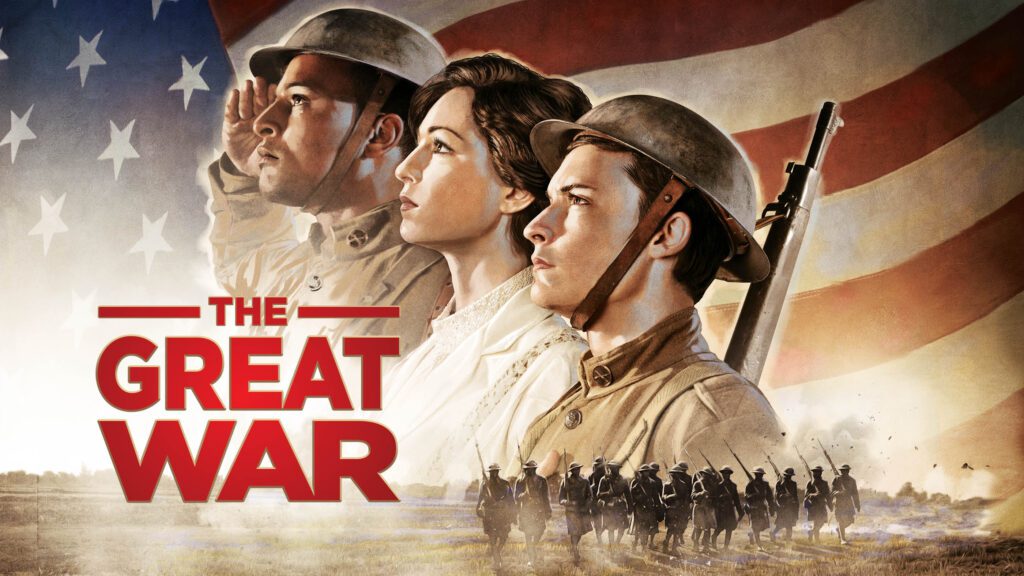Military literature has a rich history dating back to ancient times, with stories of battles, bravery, and sacrifice passed down through generations. In recent years, there has been a resurgence of interest in military literature, with authors from diverse backgrounds sharing their perspectives on war and conflict. The evolution of military literature has seen a shift from glorifying battles to exploring the psychological toll of war. Common themes include sacrifice, duty, friendship, and loyalty. Notable authors like Erich Maria Remarque, Sebastian Junger, and Anthony Swofford have made significant contributions to the genre. Military literature plays a crucial role in shaping public perceptions of war and providing veterans with a platform to share their stories.
From the Front Lines to the Page: A Look at Military Literature
Introduction
Military literature has a long and storied history, dating back to ancient times. Tales of battles, bravery, and sacrifice have been passed down through generations, providing insight into the experiences of those who have served in the armed forces. In recent years, there has been a resurgence of interest in military literature, as authors from diverse backgrounds share their perspectives on the realities of war and conflict.
The Evolution of Military Literature
From the epic poems of Homer to the modern memoirs of veterans, military literature has evolved over time to encompass a wide range of genres and styles. While early works focused on glorifying battles and heroic deeds, more recent writings have delved into the psychological and emotional toll of war. Authors like Tim O’Brien and Phil Klay have captured the complexities of combat and its impact on individuals, offering a nuanced portrayal of the military experience.
Themes in Military Literature
One of the central themes in military literature is the idea of sacrifice and duty. Many works explore the moral dilemmas faced by soldiers in combat, as they grapple with the consequences of their actions. Other common themes include friendship, loyalty, and the bonds forged in the heat of battle. By examining these themes, military literature provides a unique perspective on the human experience in times of conflict.
Notable Military Authors
There have been many influential authors who have contributed to the genre of military literature. Some of the most well-known include Erich Maria Remarque, author of All Quiet on the Western Front, which depicts the horrors of World War I from the perspective of a young soldier. Other notable authors include Sebastian Junger, whose book War offers a firsthand account of the experiences of American soldiers in Afghanistan, and Anthony Swofford, author of Jarhead, a memoir of his time as a marine in the Gulf War.
The Impact of Military Literature
Military literature plays a crucial role in shaping public perceptions of war and its consequences. By providing a platform for veterans to share their stories, these works can help to humanize the experiences of those who have served in the armed forces. Additionally, military literature can serve as a form of therapy for veterans, allowing them to process their trauma and find a sense of catharsis through writing.
Conclusion
From the ancient epics of Homer to the modern memoirs of contemporary veterans, military literature offers a diverse and compelling view of the experiences of those who have served in the armed forces. By exploring themes of sacrifice, duty, and camaraderie, these works provide a deeper understanding of the human cost of war. As interest in military literature continues to grow, we can expect to see a rich and varied body of work that reflects the complexities of the military experience.
